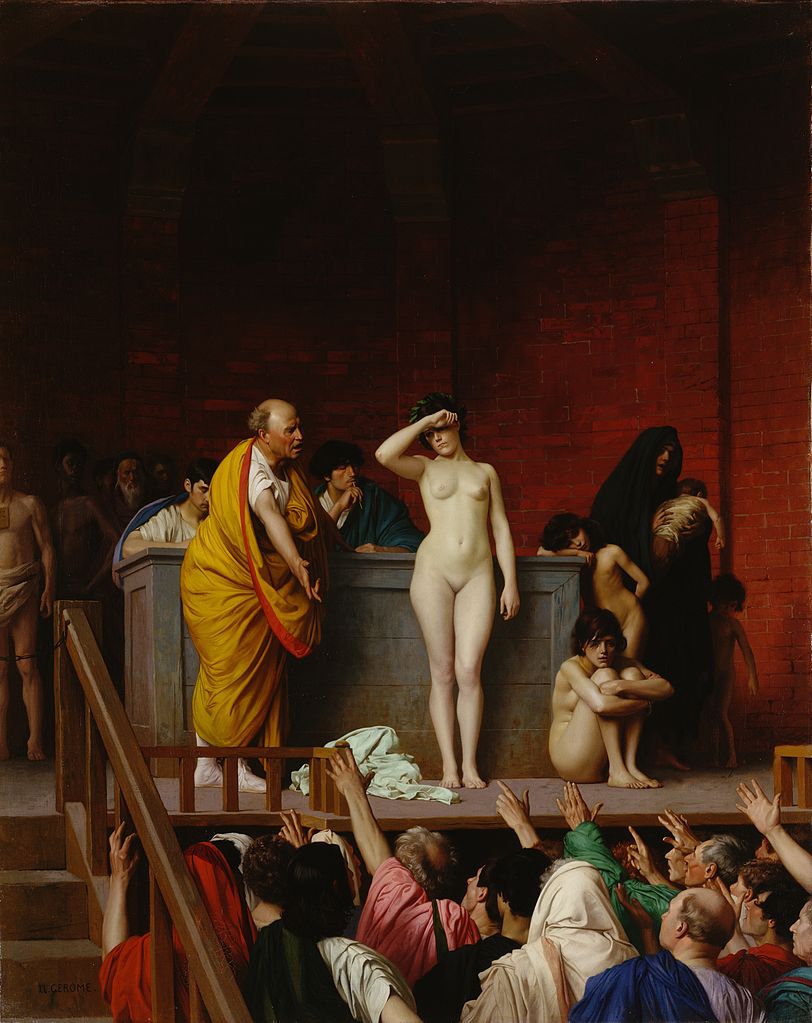I have been reading Creative Quest by Questlove. Chapter two, the most recent I have finished, is about mentors and influences. The section on mentors is up front and shorter. The section on influences is about nine times as long as the one on mentors. One reason according to the author is not everyone gets to have an intentional mentor, but we all learn from those around us and who came before us.
In the process Questlove identifies five rules of influence:
- The first step in creating is recreating.
- One you are making things of your own, you’re no longer completely in anyone’s shadow.
- If something makes you uneasy, especially if it’s something that’s being done in a creative field where you have experience, pay attention.
- Be receptive.
- Be sure to summarize what you’re learning.
I am very familiar with the first. My first finished short story as an adult resulted from me outlining a ghost story. I looked at it and thought, “What if this happened on another planet.” If you read it and the original story one after the other you can see there is nearly a complete scene to scene correspondence.
I was going to say I’m not familiar with the second, but now that I read the prior paragraph I know that is bull. In that same story the biggest difference is not being set in late 19th century France, the original, versus another planet hundreds, nearly a thousand, years in the future. It is the motivation of the main character. In the original he is a typical British upper class gentleman who is an amateur academic, in this case a historian. In my story he is a treasurer hunter. Both attempt to get an ancient artifact. The former wishes to send it to a museum. The later wants to sell it on the black market thinking it is a retirement score.
The third I am dealing with right now. Riders South which also fits the first two rules of influence, contains slavery. This isn’t unusual, because slavery is a trope in lots of fantasy literature. Game of Thrones had a good deal of ending slavery in the plot as does my current Dungeons & Dragons campaign.
However, my good guys practice slavery. My protagonist takes a slave in the first chapter who becomes a major character. This is directly from rule one, the inspiring material features it as norm among its protagonists.
That makes me very uncomfortable. Just because it is fits some of the major genre tropes does not mean I have to like it.
However, here rule four has come to my rescue in two ways. First, it is part of the genre and, more specifically, a book I am writing because I want more books like its inspiration out there. The second, is I’m trying to define the practices of the good guy’s culture in a way that, while I might not endorse them, aren’t quite as horrific. While I had early on decided it would not be an inheritable state, the shape it has taken is influenced by an interview with Helen Dale where she discusses the nature of Roman slavery at length. In fact, a scene in the novel, where a woman is freed from slavery when her daughter becomes an adult woman of the riders, and the logic for that action, derive from ideas in that interview.
I would be remiss if I did not mention rules three and four also reminded me of ”The Idea You Must Write”. Had I dropped the slavery aspect I would not have challenged myself to find better world building. I still think writing stories whose conclusions we dislike are vital to growth as a writer.
Finally, rule number five is here, at least this time around, in this blog post. I had to work through making something my inspiration did work in a world I was willing to write. It made me learn why I wasn’t rejecting the influence back when I first read it over the presence of slavery. It taught me to look into the reasons why the world I was building functioned as it did. All of that is in notes on the novel and might show up in author’s notes for the book.



I watched a couple of interviews with one of my favorite authors, John Irving, yesterday. He talks about his writing process, and it’s very interesting. I think you might enjoy watching them.